Project Contract Samples
-
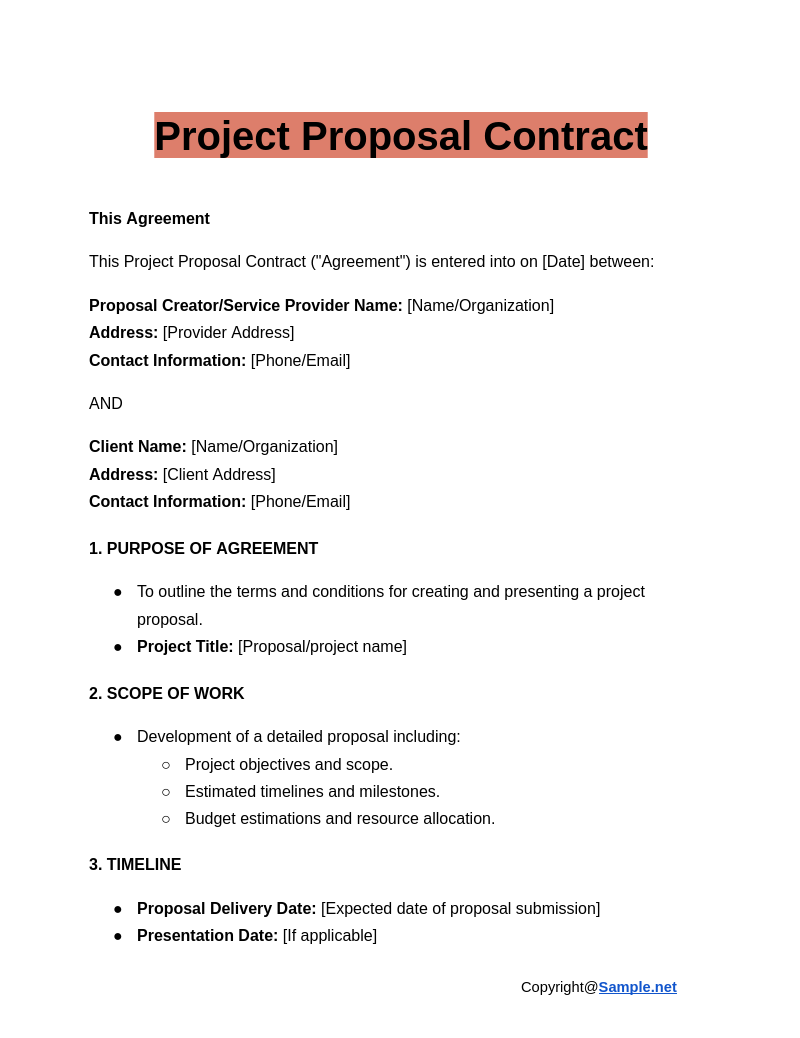
Project Proposal Contract
download now -
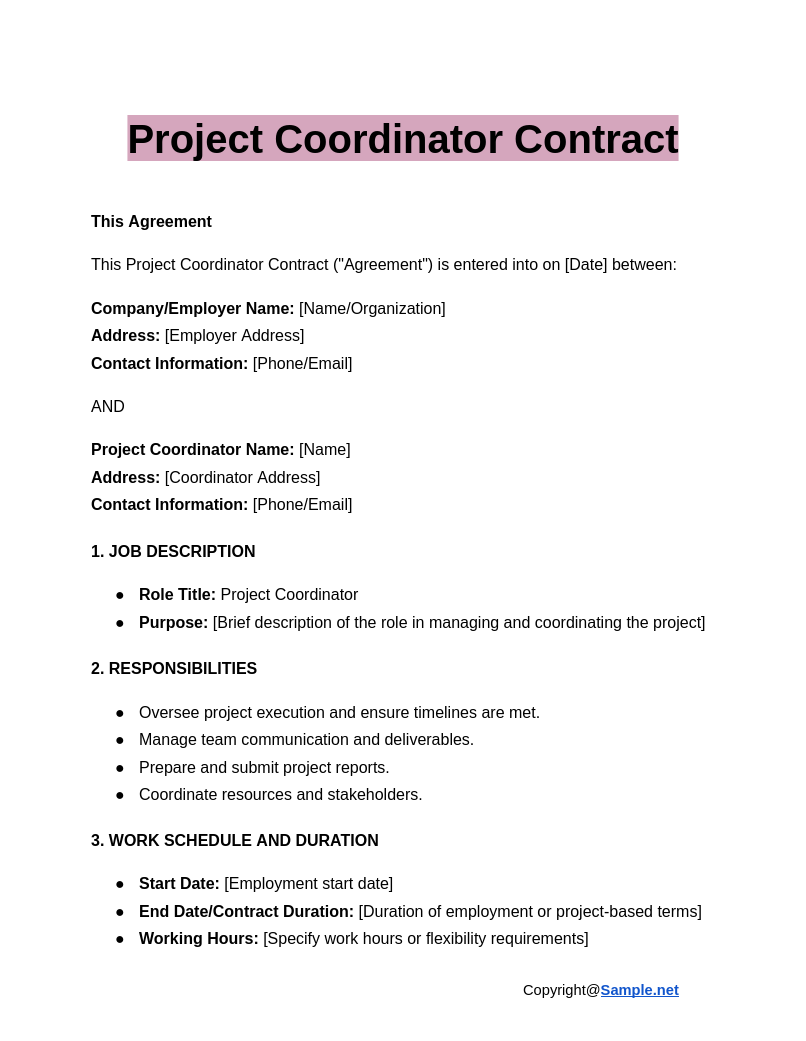
Project Coordinator Contract
download now -
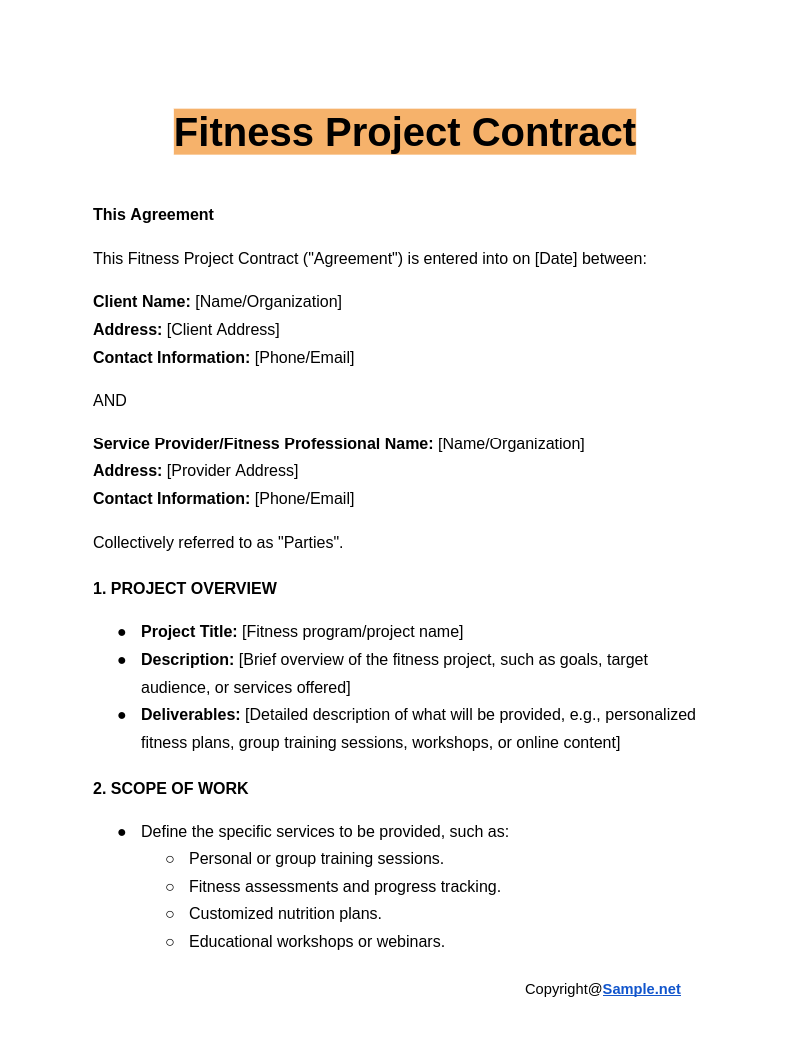
Fitness Project Contract
download now -
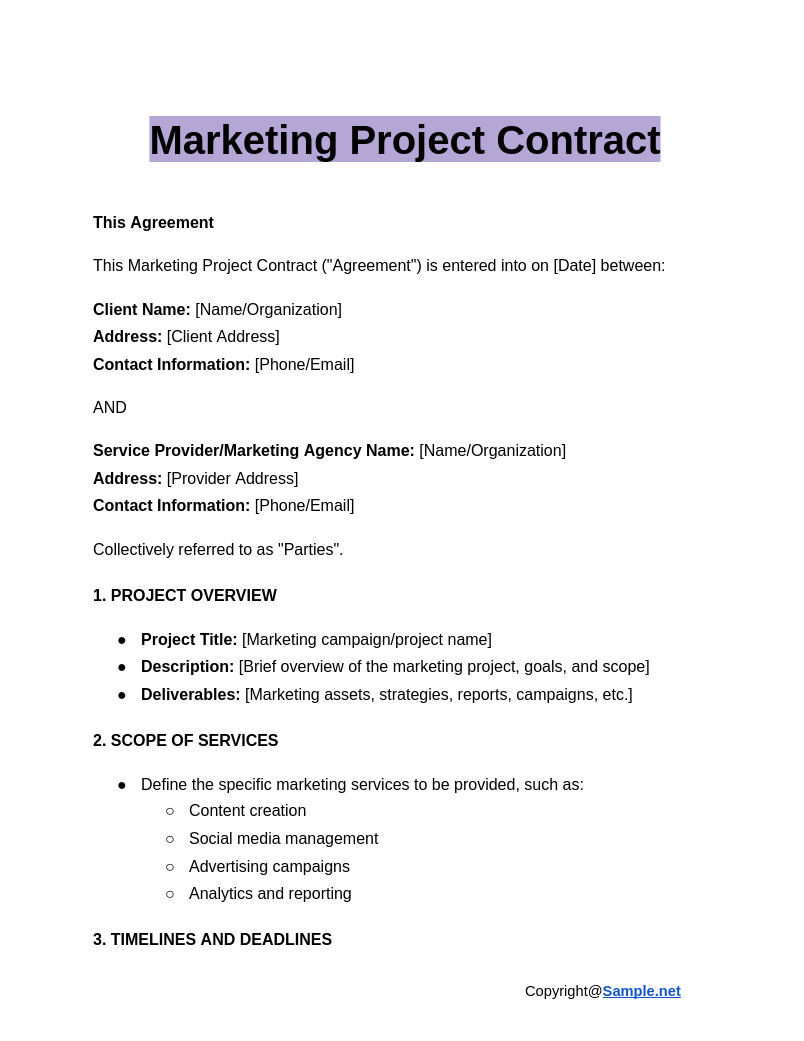
Marketing Project Contract
download now -
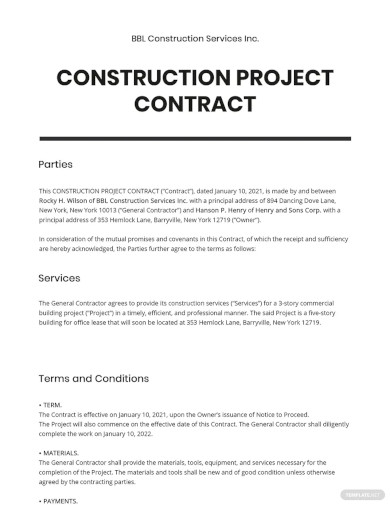
Construction Project Contract Template
download now -
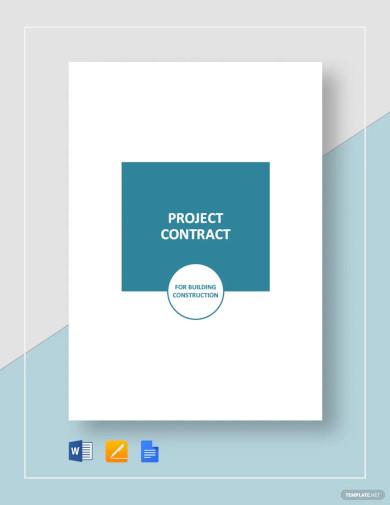
Project Contract Template
download now -
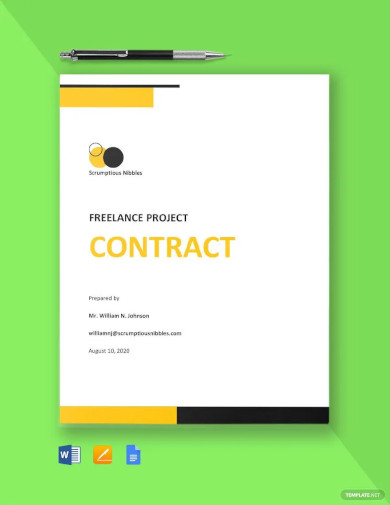
Freelance Project Contract Template
download now -
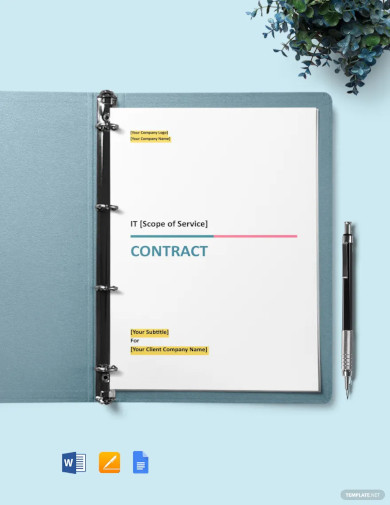
IT Project Contract Template
download now -

General Project Contract Template
download now -
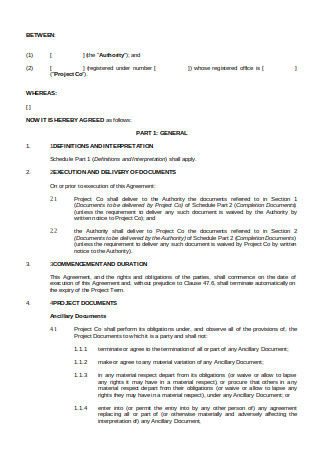
Project Payment Agreement
download now -
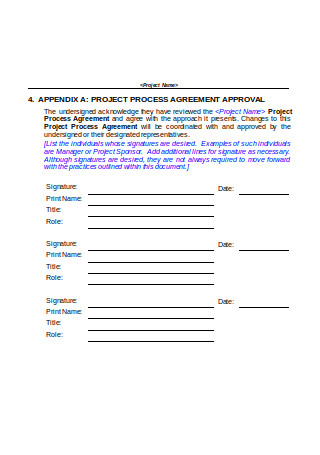
Project Labor Process Agreement
download now -
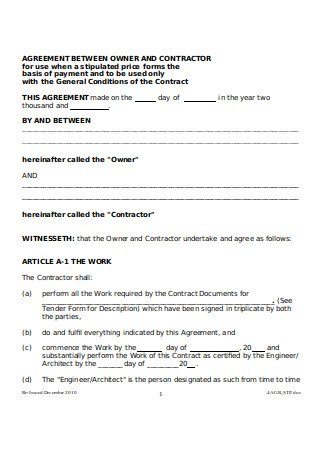
Agreement Between Class Owner and Contractor
download now -
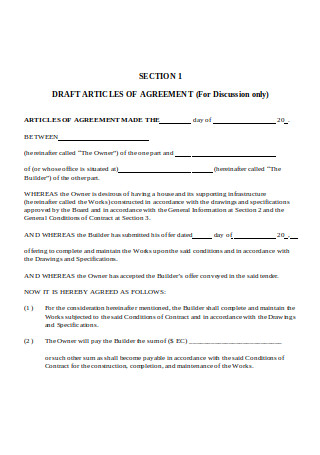
Contract between Owner and Building Builder
download now -
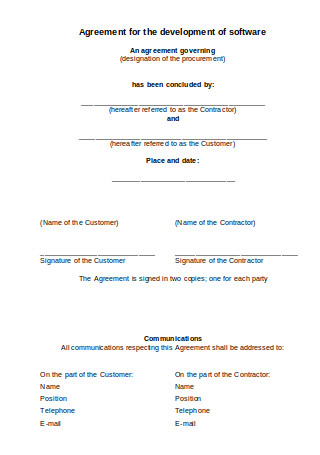
Project Contracts Management Agreement
download now -
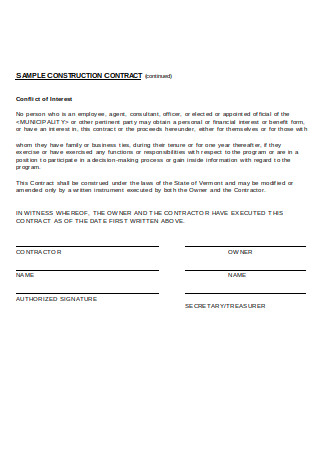
Sample Dynamics 365 Construction Contract
download now -
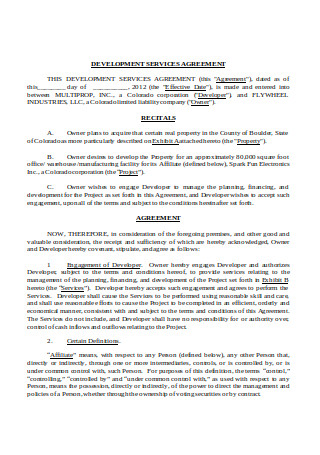
Project Contracts Residential Construction Agreement
download now -
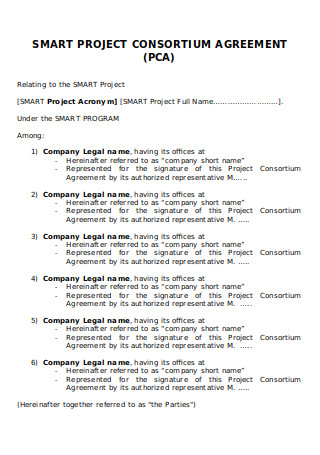
Project Team Contract Agreement
download now -
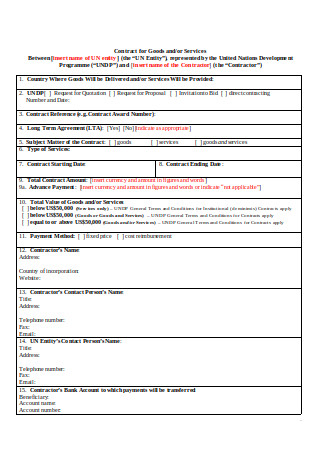
Standard Project Finance Cooperation Agreement
download now -
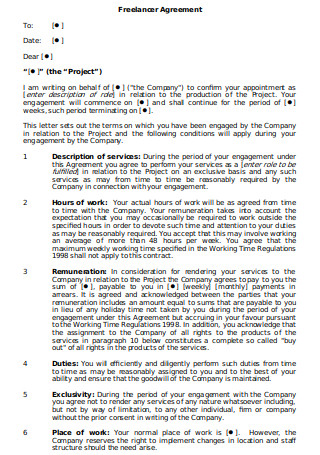
Freelancer Group Work Project Contracts Agreement
download now -
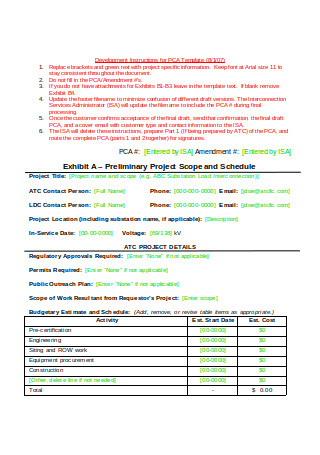
Project Commitment Agreement
download now -
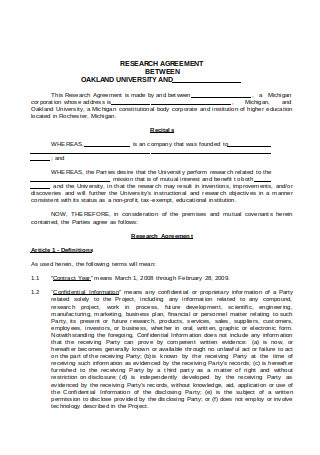
Research Agreement
download now -
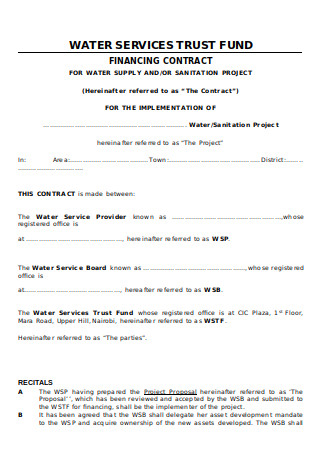
Project Financing Agreement
download now -
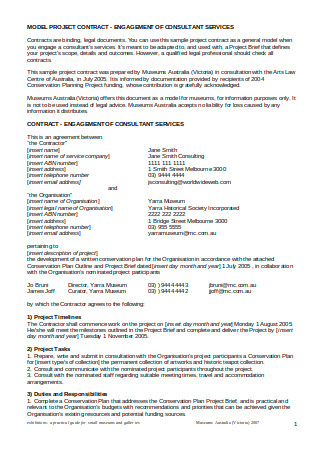
Project Consultant Contract
download now -
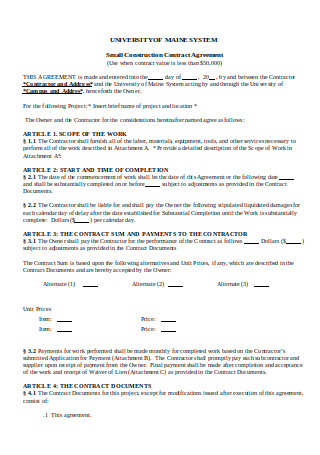
Small Construction Contract
download now -
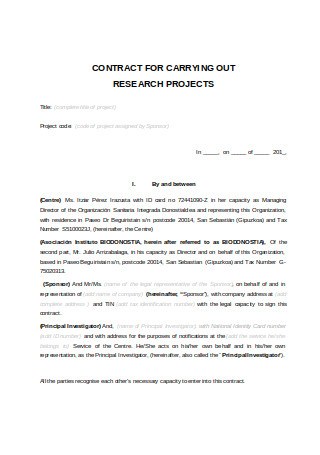
Research Project Contract
download now -
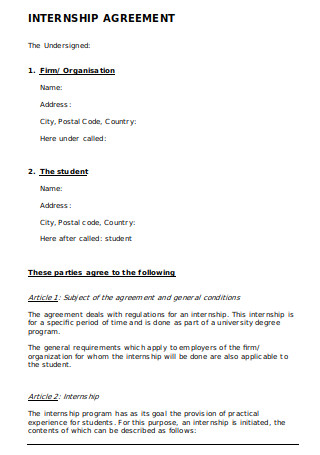
Student Project Agreement
download now -
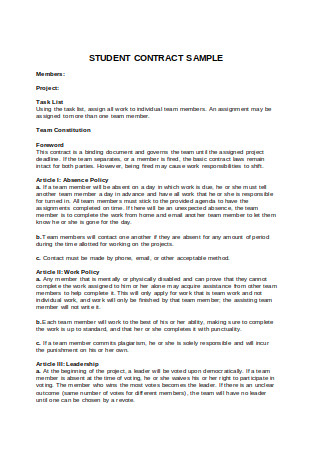
Student Contract Sample
download now -
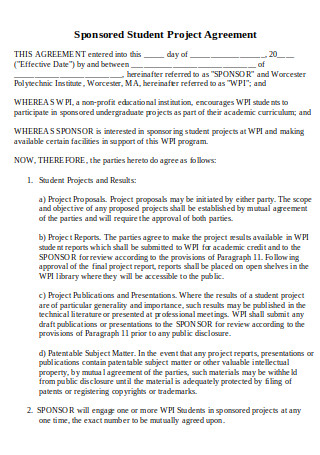
Sponsored Student Project Agreement
download now -

Non Disclosure Agreement
download now -
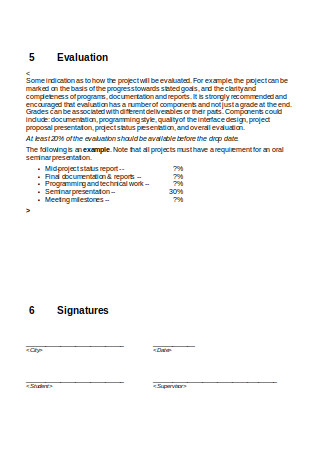
Project Contract Sample
download now -

Simple Project Agreement
download now -
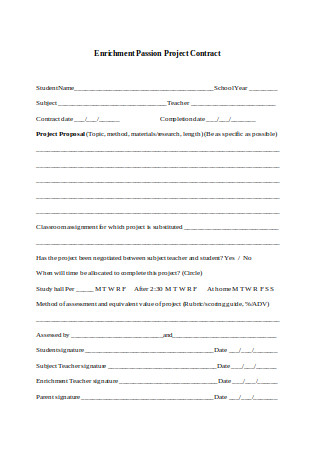
Enrichment Passion Project Contract
download now -
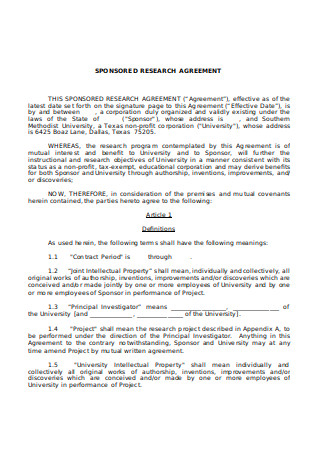
Sponsored Research Agreement
download now -
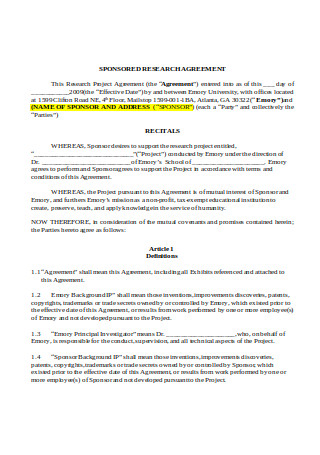
Research Study Agreement
download now -
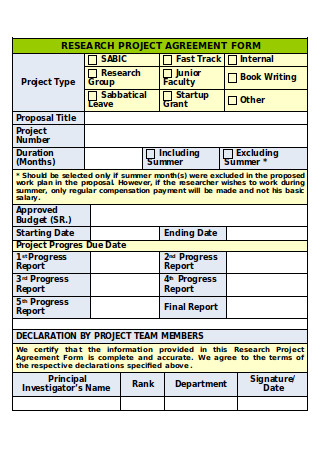
Research Project Agreement Form
download now -
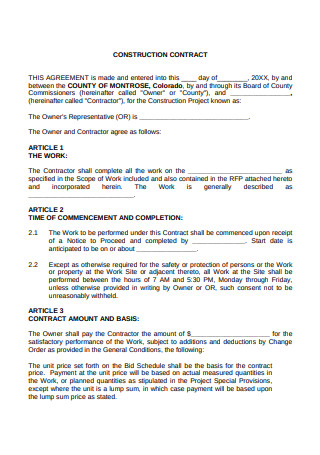
Construction Contract
download now -
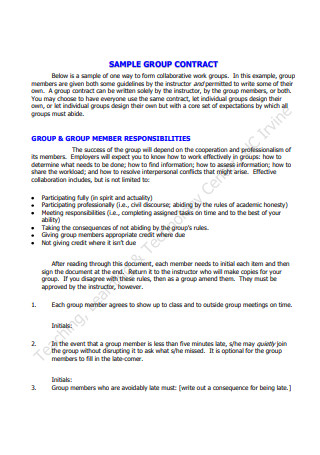
Sample Group Contract
download now -
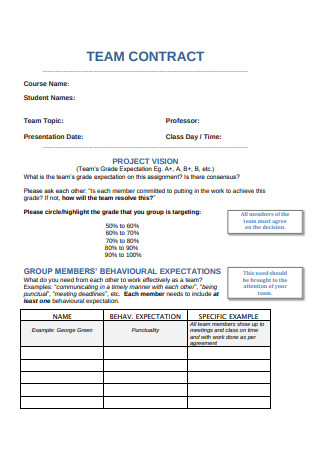
Team Contract
download now -

Group Project Contract
download now -
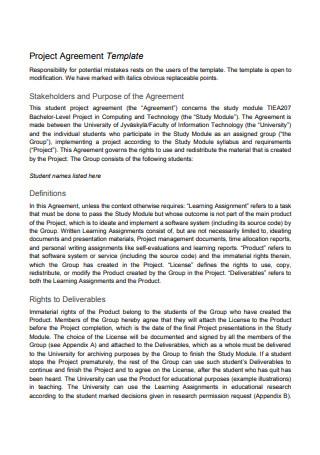
Project Agreement Template
download now -
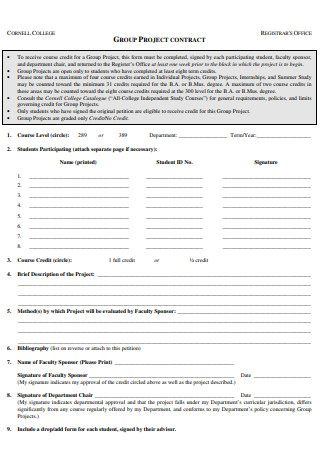
Sample Group Project Contract
download now -
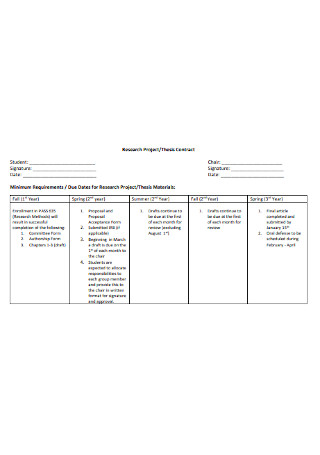
Research Project/Thesis Contract
download now -
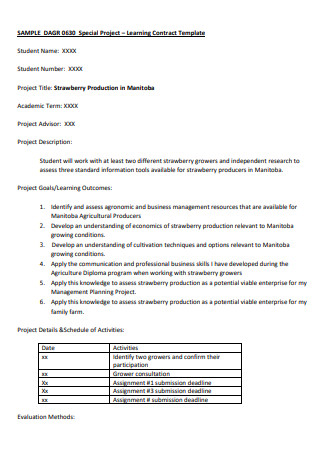
Learning Contract Template
download now -
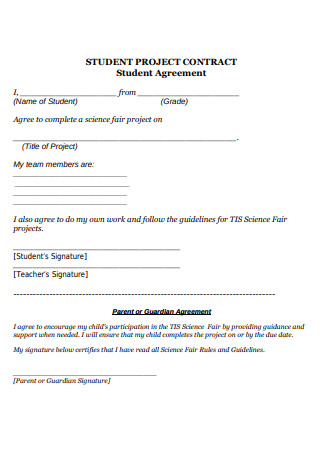
Student Agreement
download now -
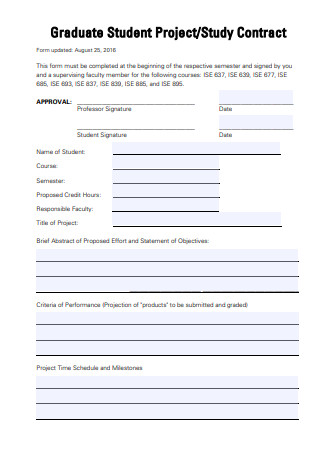
Graduate Student Project Contract
download now -
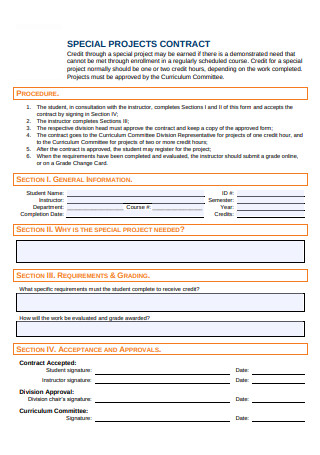
Special Projects Contract Form
download now -
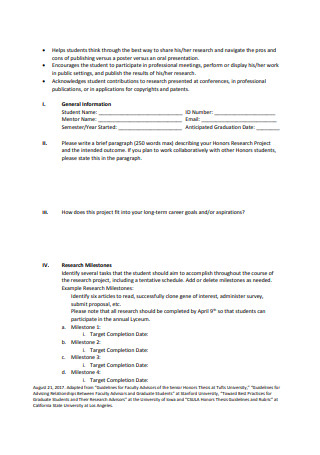
Honors Research Project Contract
download now -
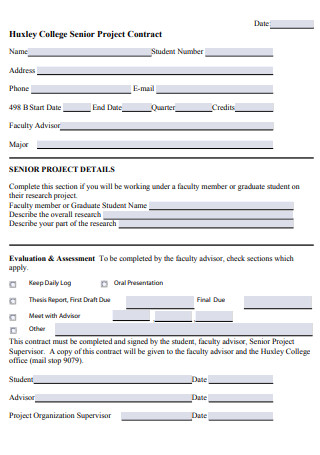
College Senior Project Contract
download now -
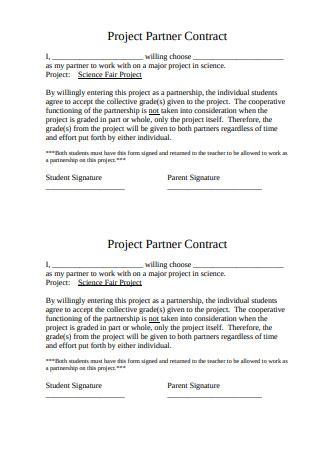
Project Partner Contract
download now -
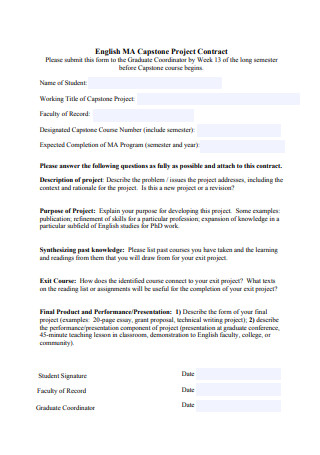
Capstone Project Contract
download now -
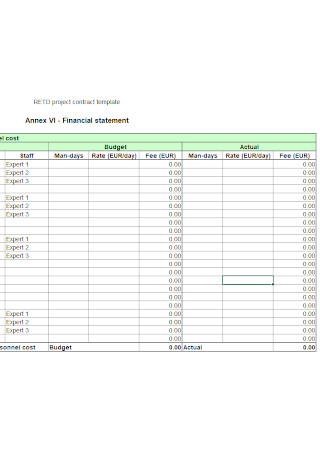
Project Financial Statement Contract Template
download now
FREE Project Contract s to Download
Project Contract Format
Project Contract Samples
What is a Project Contract?
The Advantages of a Project Contract
How to Draft a Project Contract
FAQS
What happens if a party breaches the Project Contract?
How do Project Contracts differ across industries?
What is the role of milestones in a Project Contract?
Why is legal counsel important in drafting a Project Contract?
What role does communication play in a Project Contract?
How can a Project Contract improve project outcomes?
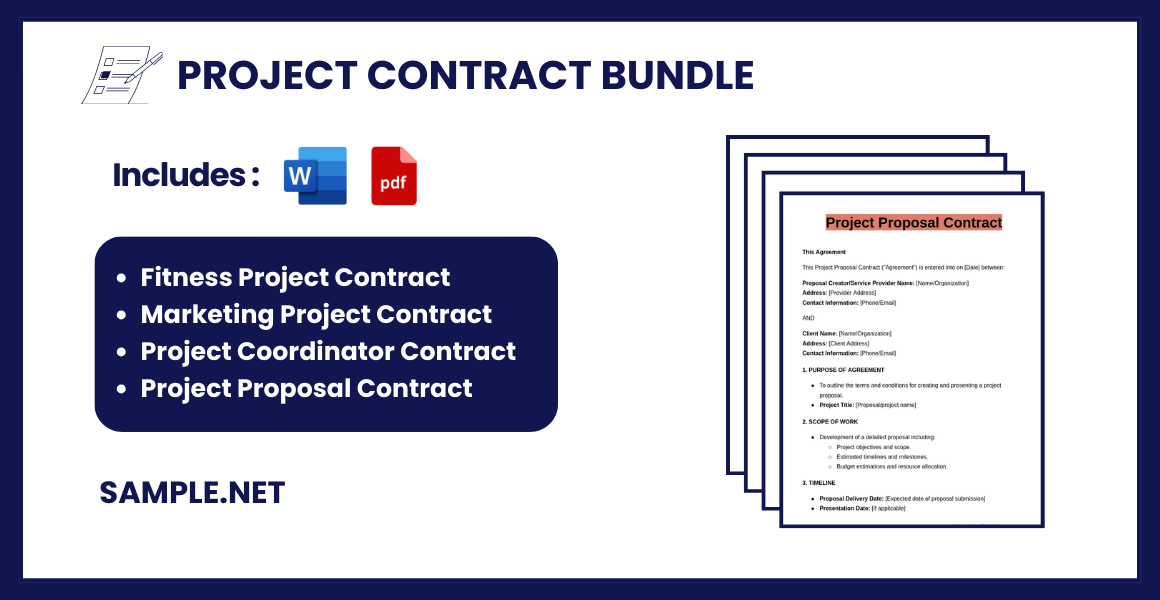
Download Project Contract Bundle
Project Contract Format
This Agreement
This Project Contract (“Agreement”) is entered into on [Date] between:
Client Name: [Name/Organization]
Address: [Client Address]
Contact Information: [Phone/Email]
AND
Service Provider/Contractor Name: [Name/Organization]
Address: [Provider Address]
Contact Information: [Phone/Email]
Collectively referred to as “Parties”.
1. PROJECT OVERVIEW
- Project Title: [Name of the project]
- Description: [Brief description of the project objectives and scope]
- Deliverables: [Specific items to be delivered, e.g., reports, products, designs, services]
2. SCOPE OF WORK
- Details of the tasks and responsibilities of the service provider.
- Include timelines and milestones for deliverables.
3. TIMELINES AND DEADLINES
- Start Date: [Project start date]
- End Date: [Project end date or duration]
- Key Milestones: [Break down of timeline with specific deliverables and dates]
4. PAYMENT TERMS
- Total Cost: [Total amount payable for the project]
- Payment Schedule:
- [Percentage] upon signing this Agreement.
- [Percentage] upon completion of [specific milestone].
- [Percentage] upon final project delivery.
- Mode of Payment: [Bank transfer, cheque, etc.]
- Late payment terms, if any.
5. RESPONSIBILITIES OF PARTIES
Client Responsibilities:
- [Outline client obligations, e.g., providing resources, approvals, or feedback]
Service Provider Responsibilities:
- [Outline contractor obligations, e.g., quality standards, confidentiality]
6. CONFIDENTIALITY
Both parties agree to keep confidential any proprietary or sensitive information shared during the project.
7. REVISIONS AND CHANGES
- Clearly define how revisions will be handled.
- Mention limitations (e.g., number of revisions or additional costs for changes).
8. TERMINATION CLAUSE
- Conditions under which the contract can be terminated (e.g., breach of contract, mutual agreement).
- Notice period required for termination.
9. INTELLECTUAL PROPERTY RIGHTS
- Specify who retains ownership of the deliverables (e.g., the client, contractor, or shared).
10. INDEMNIFICATION AND LIABILITY
- Clarify the extent of each party’s liability in case of project-related issues or damages.
11. DISPUTE RESOLUTION
- Methods for resolving disputes (e.g., mediation, arbitration, or legal action).
- Mention the governing laws.
12. FORCE MAJEURE
- Include provisions for delays caused by unforeseen events (e.g., natural disasters, pandemics).
13. ENTIRE AGREEMENT
This Agreement constitutes the entire agreement between the Parties and supersedes all prior understandings.
14. SIGNATURES
By signing below, both Parties agree to the terms and conditions outlined in this Agreement.
Client Signature:
Name: ______________________________
Signature: __________________________
Date: ______________________________
Service Provider Signature:
Name: ______________________________
Signature: __________________________
Date: ______________________________
What is a Project Contract?
Thomas cites a report from Gartner Research, which claims how contracts and agreements direct 60–80% of all business transactions. The Turner Corporation even generated as much as 15 billion U.S. dollars in revenue from closing construction deals with clients, as reported by Statista. These figures prove how useful contracts can be in forming working relationships with others.
A project contract is a binding agreement between two or more parties, describing the specific course of actions and agreed compensations in the business deal. These contracts govern key aspects of your project for its timely completion. Project contracts are a crucial document to have in the event of a dispute, as it clarifies any claims made by either parties. For example, a project contract can come in the form of a service contract between a property owner and a builder. The property owner may use the agreement to communicate his or her desires for the project in exchange for a monetary equivalent. Anyone who violates the construction project contract will have to face the consequences expressed somewhere in the contract.
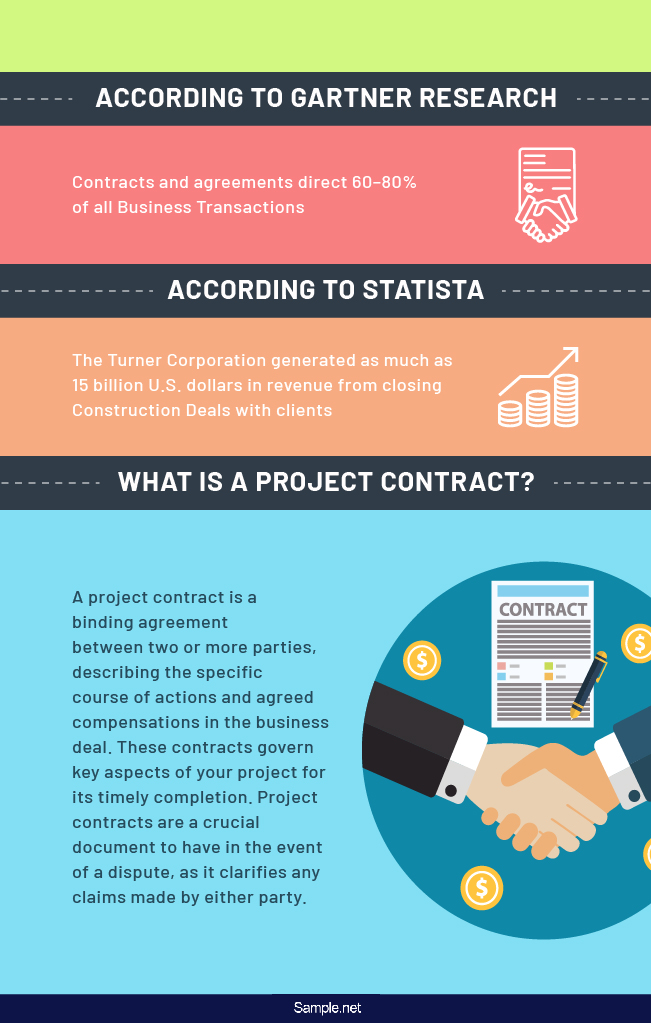
The Advantages of a Project Contract
Not signing a contract is the biggest mistake that anyone in the business world can make. When you want to engage in business with another entity, having a strong contract in place allows you to protect your interests and asset value throughout the joint agreement. These contracts provide a variety of benefits to businesses that hope to obtain successful results for every project they pursue. Some of the common advantages of a project contract include the following:
How to Draft a Project Contract
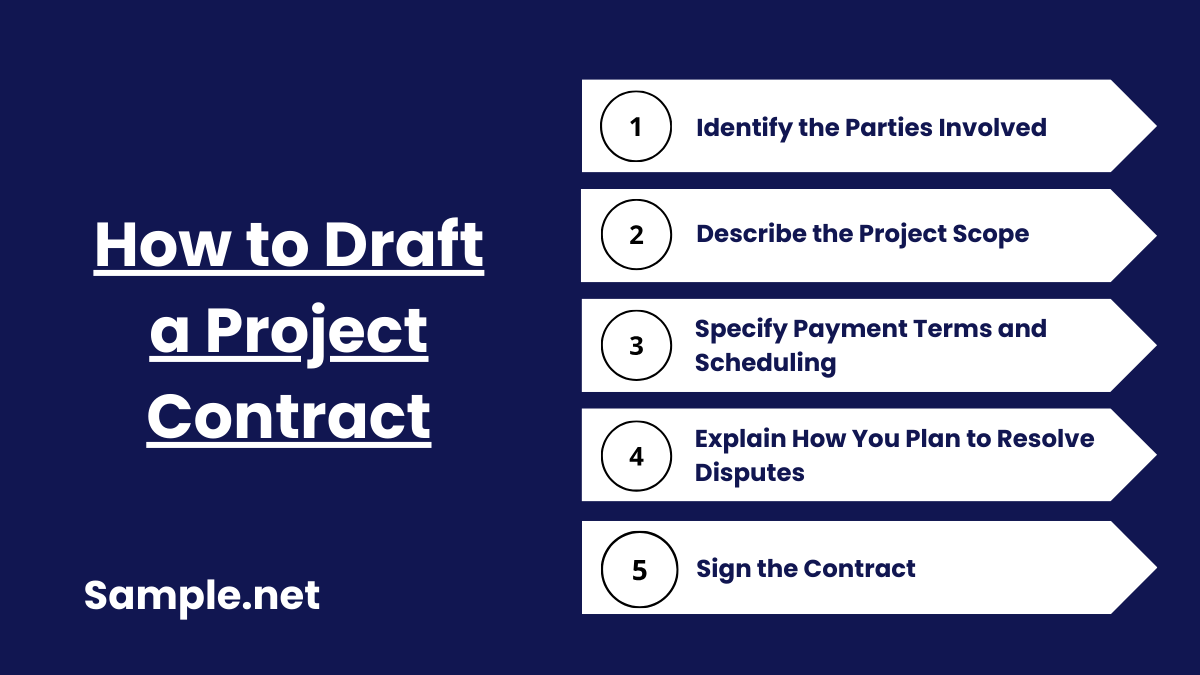
We need contracts for virtually everything these days. From gym membership contracts and roommate contracts to service contracts and project contracts, writing an enforceable contract is crucial in establishing a binding relationship with another party. Listed below is a step-by-step guide to help you get started with your contract.
Step 1: Identify the Parties Involved
Name all the parties involved in the project. Be sure to list their legal business names, or the names registered to the state, for proper identification. It’s the easiest yet the most critical criteria to meet, so you don’t want to get this part of the agreement wrong. Also, indicate the project, site location, and start and end date of the contract in these pages of the legal document.
Step 2: Describe the Project Scope
Describe what each party will perform to get the job done. It needs to be as specific as possible to give parties a clear idea of what their tasks will be and what tools they’ll need for its completion. Poorly defined requirements will put both parties at risk of a terrible loss, primarily if the project covers a massive scope. If you agree to perform the work that a client hires you to do, you need to make sure they know what they are paying you for and how much it would cost them. You can enumerate these items in bullets to keep the contract organized and easy to read. You can also see more on Group Contracts.
Step 3: Specify Payment Terms and Scheduling
In this part of the document, you must provide the financial details of the agreement. You’ll want to state the amount of money someone owes you for delivering the service, the deposit needed to start it, and the payment schedule that the client must follow. Keep in mind that this section of the contract may vary from case to case, as projects are likely to differ in terms of size and duration. Several factors that are pertinent to the project must be considered before finalizing these details.
Step 4: Explain How You Plan to Resolve Disputes
What happens when things go wrong?
Problems occur regardless of how careful you are. The contract must contain provisions that tackle the resolution of any controversy, dispute, or claim relating to the agreement. It’s one way to settle your issues privately and inexpensively outside of court. Both you and your client must agree to these conditions before you may execute the full terms of the contract.
Step 5: Sign the Contract
You must only perform the terms of the contract if all parties agree to it. Once you finally agree, the contract must be signed and dated to signify its validity. Be sure to note the names of the individuals responsible for signing the document. If you’re working with another business, an authorized representative from the said party may sign the contract. You can also see more on Building Contract.
A Project Contract is the backbone of any successful project, providing clarity, accountability, and legal protection to all parties involved. By outlining roles, deliverables, payment terms, and dispute resolution methods, it ensures a smooth workflow and minimizes risks. A well-crafted project contract not only safeguards interests but also sets the stage for achieving project goals efficiently and collaboratively. You can also see more on Pre-Construction Agreement.
FAQS
What happens if a party breaches the Project Contract?
If a breach occurs, the contract’s dispute resolution clauses come into play. Consequences may include penalties, legal action, or termination of the agreement. Clear clauses protect all parties in such situations.
How do Project Contracts differ across industries?
In construction, contracts often include cost estimations and timelines. In IT, they focus on deliverables like software development. Each industry tailors contracts to its unique requirements. You can also see more on Team Contract.
What is the role of milestones in a Project Contract?
Milestones break the project into phases, helping track progress and trigger payments. They ensure accountability and keep the project on schedule.
Why is legal counsel important in drafting a Project Contract?
Legal experts ensure the contract complies with local laws and protects the interests of all parties. They help identify and mitigate potential legal risks. You can also see more on Business Contract.
What role does communication play in a Project Contract?
Contracts often include communication protocols to ensure smooth interaction between parties. Regular updates prevent misunderstandings and keep the project aligned.
How can a Project Contract improve project outcomes?
By defining clear goals, roles, and responsibilities, contracts provide a structured framework for collaboration. This minimizes risks and ensures the project stays on track. You can also see more on Bidding Contract.
